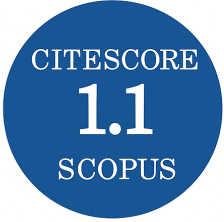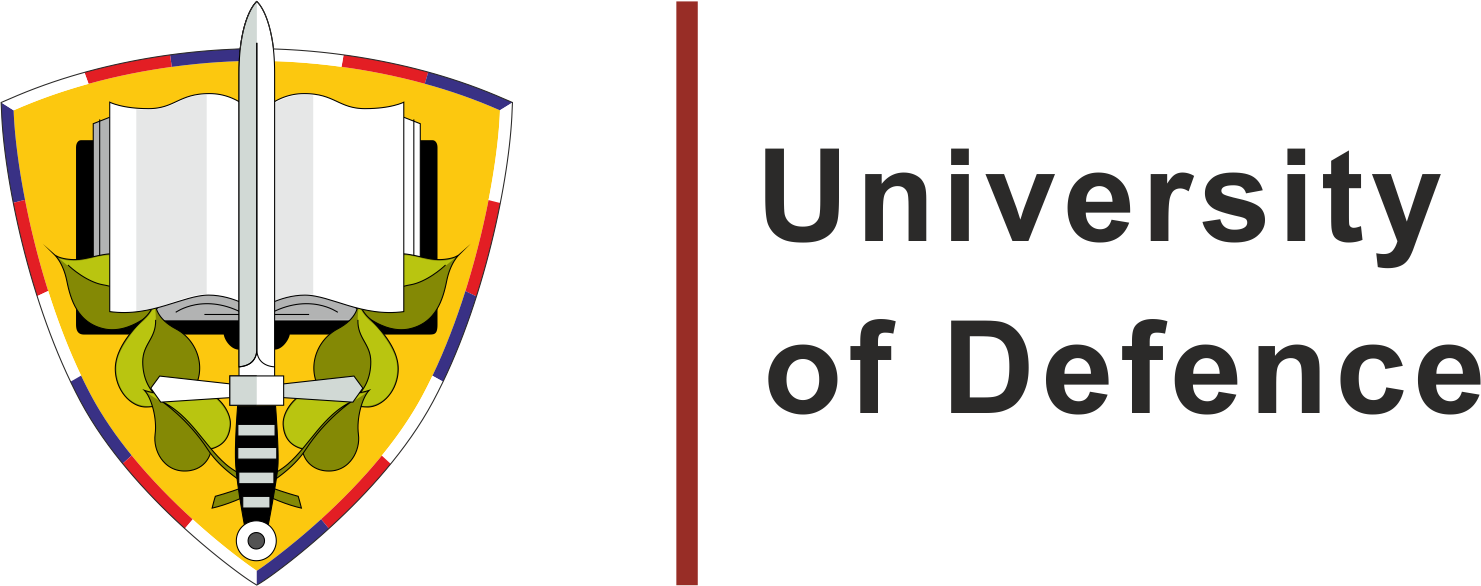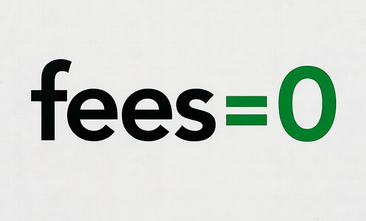Intensive Training Model for Artillery Cadets Using 3D Simulators
DOI:
https://doi.org/10.3849/aimt.01786Keywords:
3D modeling, cadet, intensive training, information exchange, perception of information, flight simulator, training systemAbstract
The article covers topical issues of organizing intensive training of artillery cadets in wartime based on the remote use of 3D simulators. In such an educational process, there is a need to coordinate dynamically the speed of developing detailed 3D models with the speed of information perception by cadets. The authors describe the process of information exchange in training system and they propose a mathematical model of information transmission. In addition, they offer a mathematical model of information perception by cadet and conduct a pedagogical experiment. Finally, they draw conclu-sions regarding the implementation of the developed models within the educational process. The results of the pedagogical experiment confirm theoretical formulations and make it possible to synchronize the speed of 3D models development with the speed of their study, considering the intensity of perception by cadets of a huge information volume within a short time.
References
CHOPA, D., Y. MELNIK, A. DEREVYANCHUK and O. SUPRUN. Approach to Development and Use of Multimedia Virtual Training Complexes (by the Model of Artillery Weapons). Modern Information Technologies in the Field of Security and Defense, 2022. 2(44), рp. 74-81. DOI 10.33099/2311-7249/2022-44-2-74-81.
LOKALOV, V., I. KLIMOV and D. MAKHLAI. Developing Design Skills in Teaching 3D Modeling at the Pre-University Level. In: 4th International Confer-ence on Higher Education Advances (HEAd’18). Valencia: Universitat Politècnica de València, 2018, рp. 743-750. DOI 10.4995/HEAD18.2018.8077.
NOVRUZOVA, H. Introduction of 3D Modeling in the Educational Process Dif-ferent Views on the Definition and Explanation of the Concepts of Model and modeling (in Ukrainian). Archivarius, 2021, 7, рp. 8-15. DOI 10.52013/2524-0935-61-7-2.
FU, Y., Z. DONGLIANG and J. HAO. Students’ Attitudes and Competences in Modeling Using 3D Cartoon Toy Design Maker. Sustainability, 2022, 14(4), 2176. DOI 10.3390/su14042176.
BENZER, A.I. and B. YILDIZ. The Effect of Computer Aided 3D Modeling Activities on Pre-Service Teachers’ Spatial Abilities and Attitudes towards 3D Modeling. Journal of Baltic Science Education, 2019, 18(3), pp. 335-348. DOI 10.33225/jbse/19.18.335.
LATIPOV, B.A. 3D Modeling of Details in the Educational Process (in Russian). Oriental Renaissance: Innovative, Educational, Natural and Social Sciences, 2021, 1(8), рp. 666-671. ISSN 2181-1784.
SUVOROVA, T.N. and E.A. MIKHLYAKOVA. Application of 3D Modeling Technologies for Personalization of Learning (in Russian). Koncept, 2020, 5, рp. 110-129. DOI 10.24411/2304-120X-2020-11038.
KARPENKO, Z. Axiological Psychology of Personality (in Russian) [online]. 2nd ed. Ivano-Frankivsk: Vasyl Stefanyk Precarpathian National University, 2018 [viewed 2022-10-19]. ISBN 978-966-640-452-0. Available from: http://194.44.152.155/elib/local/3787.pdf
SHINKARUK, V.I., ed. Philosophical Encyclopedic Dictionary (in Ukrainian). Kyiv: Abrys, 2002.
AMELKIN, S.A. and O.S. IVANOVA. Mathematical Model of the Information Transfer Process in the Economic Macrosystem (in Russian). Program Systems: Theory and Applications [online], 2010, 3(3), рp. 85-91 [viewed 2022-10-22]. Available from: https://cyberleninka.ru/article/n/matematicheskaya-model-protsessa-peredachi-informatsii-v-ekonomicheskoy-makrosisteme/viewer
ZAIATS, V.M. and M.M. ZAIATS. Figurative Approach to the Quantitative Evaluation of the Value of Information (in Ukrainian). Reports of the National Academy of Sciences of Ukraine, 2018, 6, рp. 32-39. DOI 10.15407/dopovidi2018.06.032.
PLOTKIN, H. Darvin Machines and the Nature of Knowledge. Harvard: Harvard University Press, 1993. ISBN 0-674-19281-8.
NOVIKOVA, N.M. Mathematical Model of the Visual Memory of a Human Operator Who Perceives Information from the Display Screen (in Russian). Vest-nik VSU. Series: Physics, Mathematics, 2018, 4, рp. 152-160. ISSN 1609-0705.
CHOPA, D., A. DEREVYANCHUK and V. DEREVYANCHUK. Methodological Approach to Creation and Access to Remote Virtual Storage of Educational Content for the Training of Artillery Specialists (in Russian). Modern Information Technologies in the Field of Security and Defense, 2021, 1(40), рp. 129-136. DOI 10.33099/2311-7249/2021-40-1-129-136.
Downloads
Published
License
Copyright (c) 2023 Advances in Military Technology

This work is licensed under a Creative Commons Attribution-NonCommercial 4.0 International License.
Authors who publish with this journal agree to the following terms:
1. Authors retain copyright and grant the journal right of first publication with the work simultaneously licensed under a Creative Commons Attribution License that allows others to share the work with an acknowledgement of the work's authorship and initial publication in this journal.
2. Authors are able to enter into separate, additional contractual arrangements for the non-exclusive distribution of the journal's published version of the work (e.g., post it to an institutional repository or publish it in a book), with an acknowledgement of its initial publication in this journal.
3. Authors are permitted and encouraged to post their work online (e.g., in institutional repositories or on their website) prior to and during the submission process, as it can lead to productive exchanges, as well as earlier and greater citation of published work.
Users can use, reuse and build upon the material published in the journal for any purpose, even commercially.






